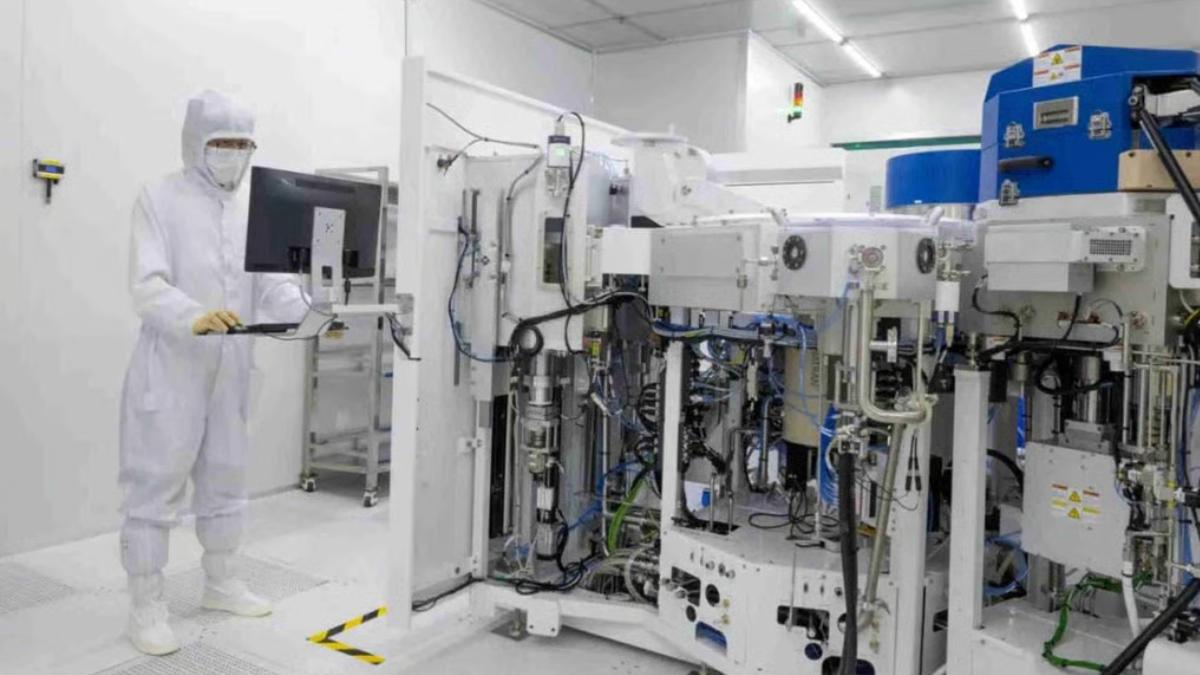A Chinese company has developed a new optical quantum computing chip that it claims is up to 1,000 times faster than Nvidia’s GPUs when running AI workloads, according to a report by the South China Morning Post. The chip, described as the world’s first scalable and “industrial-grade” quantum chip, is already being used in sectors such as aerospace and finance.
The chip was created by the Chip Hub for Integrated Photonics Xplore (CHIPX). It uses a new technology that combines photons and electronic components on a single platform. Each 6-inch wafer contains more than 1,000 optical components, making the chip smaller and easier to deploy than traditional quantum systems.
CHIPX says the compact design allows quantum systems built with these chips to be installed in about two weeks. Traditional quantum computers can take up to six months to set up. The company also says the chips can work together in large groups, allowing systems to scale up to support as many as one million qubits.
The technology uses light instead of electricity to process information. Photons generate no heat, take up less physical space, and travel faster than electrical signals. These advantages have made optical computing increasingly attractive, especially as global data-centre power use continues to grow.
However, production remains a major challenge. The manufacturing facilities for these chips currently produce about 12,000 wafers per year, with each wafer yielding around 350 chips. This output is low compared with conventional semiconductor factories, raising questions about how quickly the technology can be adopted at scale.
Many technical details about the chip remain unclear, and it is uncertain how close it is to widespread commercial use. But China has made quantum computing a strategic priority and is pushing to stay ahead of Western competitors. Nvidia and other major technology companies are also investing in optical and quantum computing, but none have yet demonstrated a system of this size or scalability.











